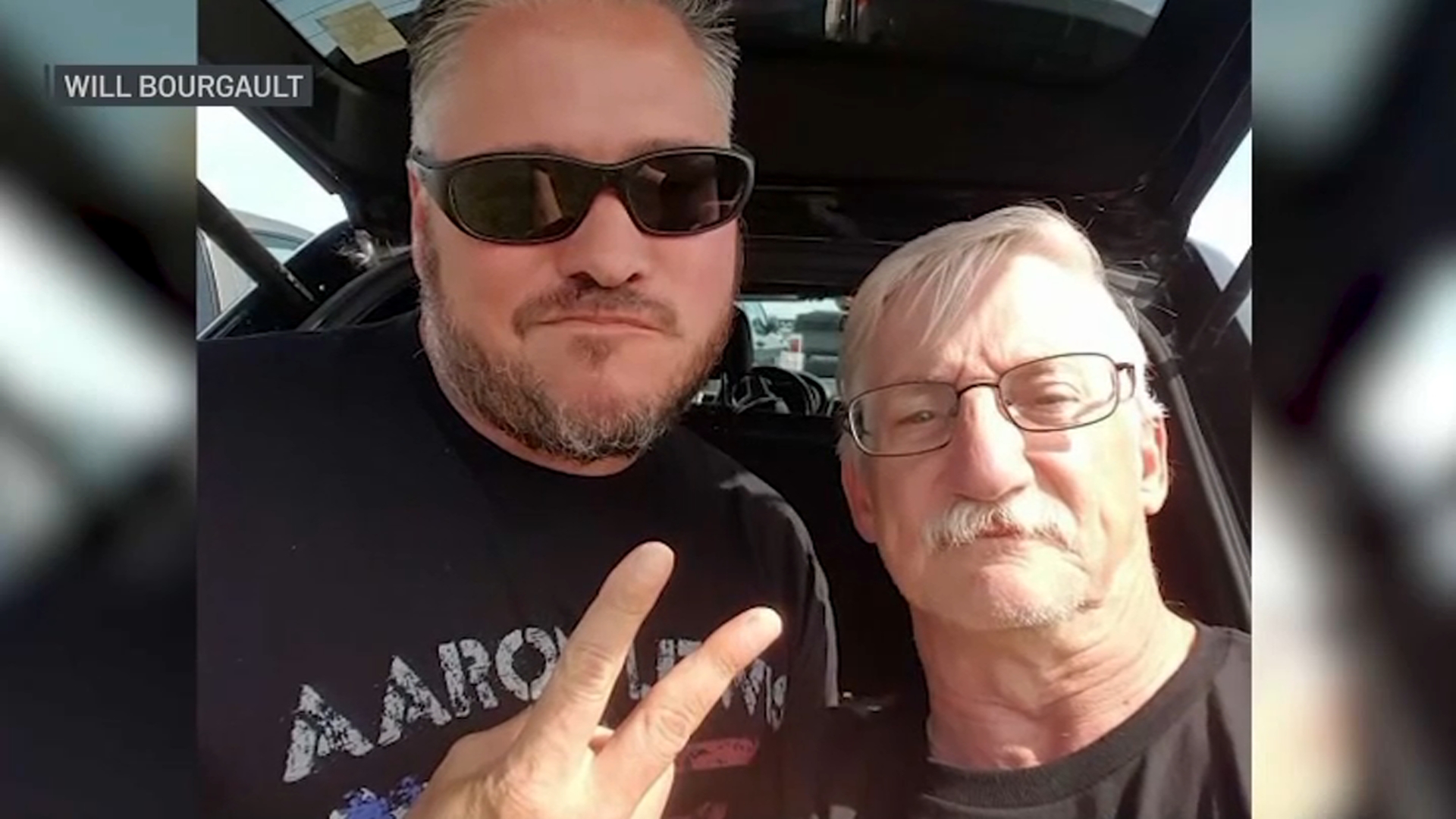
About a month before the Lewiston massacre, an Army staff sergeant in Maine who knew the gunman told a corporal at the unit he believed the man was going to "snap and do a mass shooting" and urged precautions at the unit to be prepared in case the man arrived ready to kill.
The text message chain was obtained by NBC News from the Sagadahoc County Sheriff's Office Wednesday. Also Wednesday, Maine Gov. Janet Mills announced she would create an independent commission to investigate the Oct. 25 massacre, which left 18 people dead.
WATCH ANYTIME FOR FREE
>Stream NBC10 Boston news for free, 24/7, wherever you are. |
The text messages, first reported by The Boston Globe, obtained Wednesday prompted a welfare check at the gunman's house in mid-September, according to records previously released by the Sagadahoc County Sheriff's Department.
Get updates on what's happening in Boston to your inbox. Sign up for our >News Headlines newsletter.
"I believe he's messed up in the head," the text messages said. "I love to death [sic] but I do not know how to help him and he refuses to get help or continue to get help."
"And yes he still has all of his weapons," the messages said.
Robert Card, who enlisted in 2002, was a U.S. Army reservist based out of Saco, serving as a petroleum supply specialist. A Maine State Police bulletin released amid the search for him — he was found dead on Friday, as NBC10 Boston first reported — said he was trained as a firearms instructor at the Army training facility in that state.
In mid-September, a statewide awareness alert was sent out to be on the lookout for the firearms instructor, after he made threats against his base and fellow soldiers.
The deputies who arrived heard the man moving inside his trailer, but he didn't answer at the door. The deputies backed away, citing their "very disadvantageous position," according to an incident report, and reached out to the man's Army Reserve unit commander, who "thought it best to let [the gunman] have time to himself for a bit."
The next day, according to the previously released incident report, the deputy spoke with the gunman's brother, who said the family would work to prevent the gunman from having access to the guns.
Warrants that were released by Maine authorities on Monday have shed new light on a possible motive and the mental state of the gunman. A woman interviewed by state police said that the killer believed the two businesses he committed the shootings at, along with several others, were broadcasting online that he was a pedophile.
The woman also said that he had been delusional since February following a break-up, had been hospitalized for mental illness and was prescribed medicine that he stopped taking.
Previously-released documents have shown that the gunman's paranoia regarding accusations of pedophilia had also been directed towards other members of the Army reserve. The Army directed in August that he shouldn't have a weapon while on duty.
Mills was still finalizing details on how the independent commission to investigate the shooting would look, but it would be charged with determining what happened, "including the time that led up to it and the police response to it."
"It is important to recognize that, from what we know thus far, on multiple occasions over the last ten months, concerns about Mr. Card’s mental health and his behavior were brought to the attention of his Army National Reserve Unit, as well as law enforcement agencies here in Maine and in New York," she said in a statement. "This raises crucial questions about actions taken and what more could have been done to prevent this tragedy from occurring."



